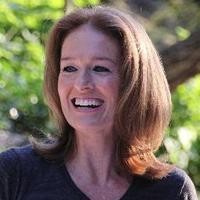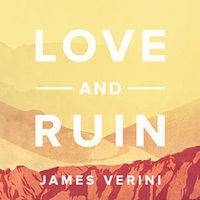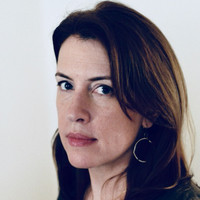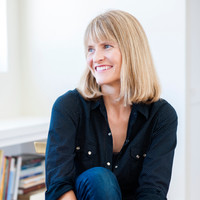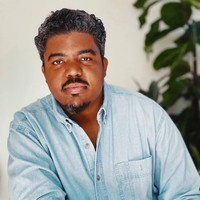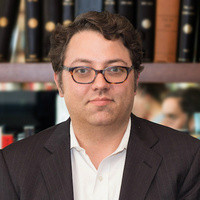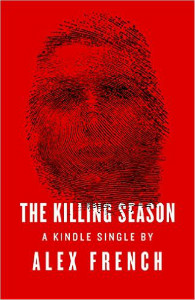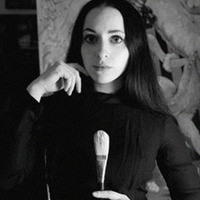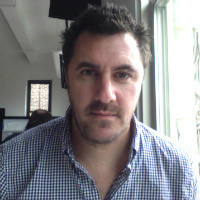Abraham Josephine Riesman is a journalist who writes often for New York and is the author of True Believer: The Rise and Fall of Stan Lee. Her second book, Ringmaster: Vince McMahon and the Unmaking of America, will be published in March.
“You’re sure that there’s a level of unreality, but you’re not sure that it’s all fake. There’s stuff there that seems either plausible or sometimes you go ‘there’s no way you could fake that.’ And sometimes you’re right, and a lot of times you’re somewhere in the middle. It’s not as easily distinguished as saying this is fact and this is fiction, this was scripted and this was improvised, whatever. You can’t make those distinctions easily, and one of the things I sort of hope comes out of the book—if it has any impact at all—is to try to get us past this false binary of true and false.”


